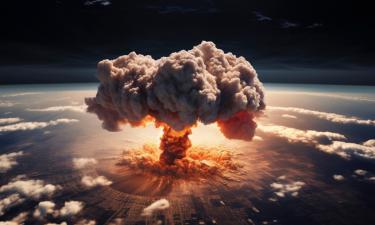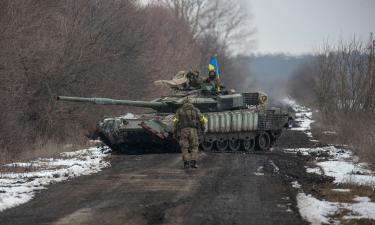Israeli foreign minister calls for disarmament of Hezbollah
After a week of fighting, Livni said the time for diplomacy was at hand, though she added that Israel's military operations would not end until its goals are reached.

Livni's remarks after a meeting with a U.N. delegation to the region were the first indication that the sides were making efforts to end violence that began with a Hezbollah attack on an Israeli border patrol. The Israeli bombardment of Lebanon and Hezbollah rocket attacks on Israel have left at least 220 people dead in Lebanon and 24 in Israel.
Livni also gave a tacit endorsement for an international force in Lebanon that could temporarily help the Lebanese army enforce a ceasefire. In recent days, Western nations have proposed sending a beefed up international force to the area, bolstering one already in place there - a proposal that until now has been received cooly by Israel, the AP reports.
Securing south Lebanon "requires activity by the Lebanese government, with the oversight (and) assistance of the international community," Livni said.
Livni also said, however, that Israel's experience with the current U.N. force stationed in south Lebanon was "not satisfactory" and that Israel prefers no such force in the long-term.
Maj. Gen. Udi Adam, the head of the Israeli army's northern command, warned that the campaign against Hezbelloh would take more time.
In recent days, Israeli officials have sent conflicting signals about whether Israel would demand Hezbollah's disarmament as a condition for a cease-fire. Livni's comments indicated Israel would accept future disarmament, provided that Lebanon immediately deploy its own troops along the border to prevent any future rocket attacks against northern Israel.
Subscribe to Pravda.Ru Telegram channel, Facebook, RSS!





